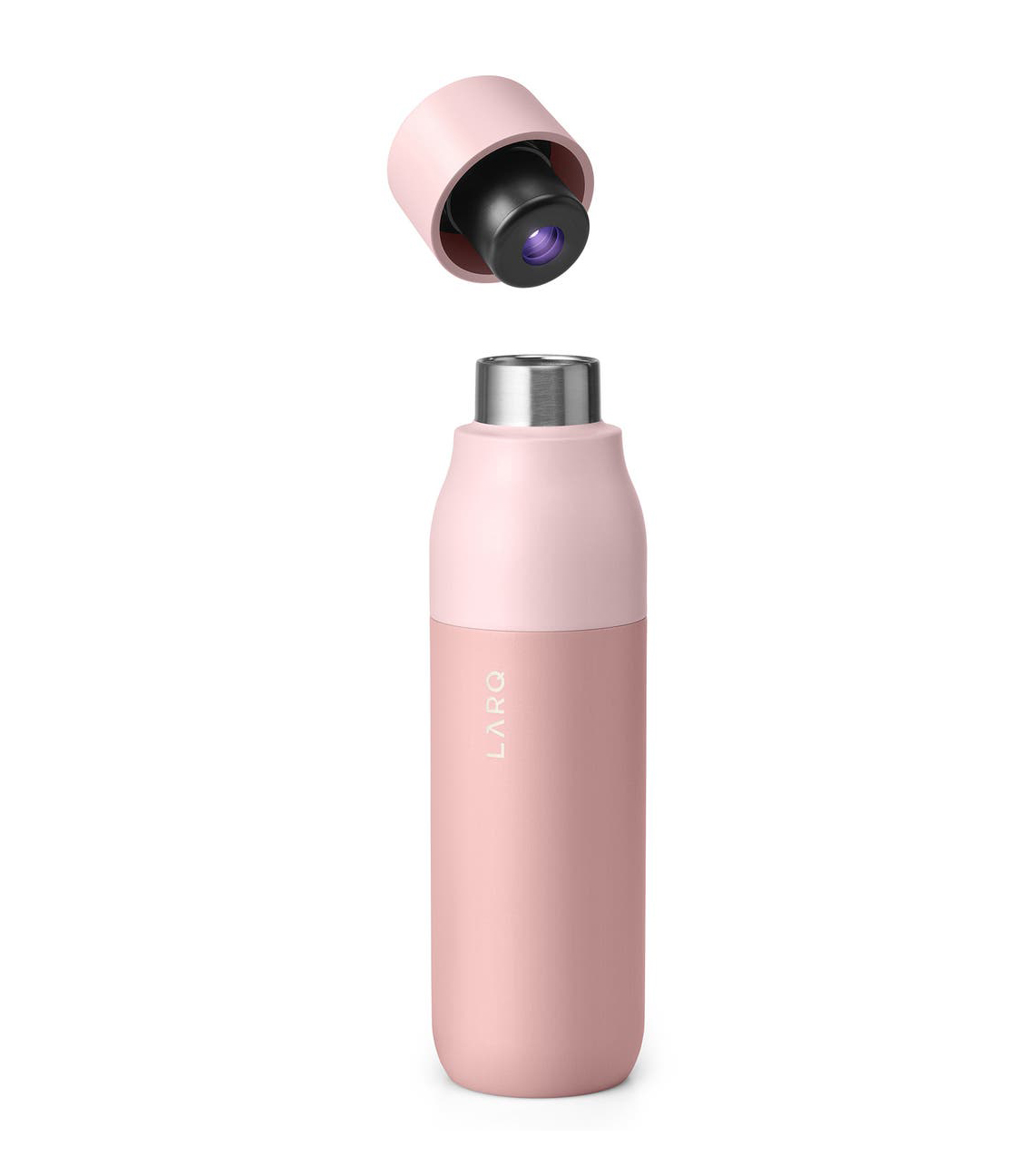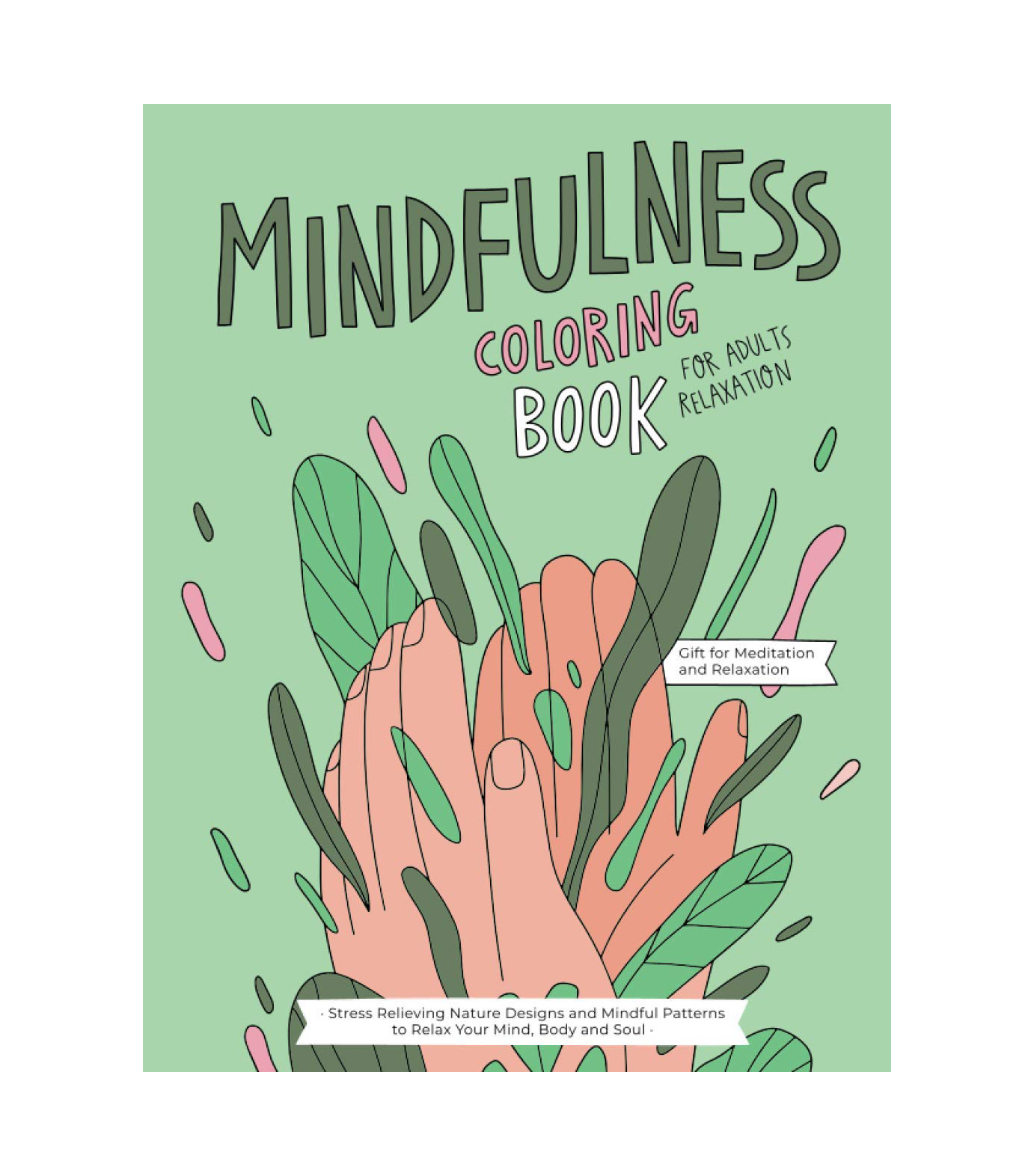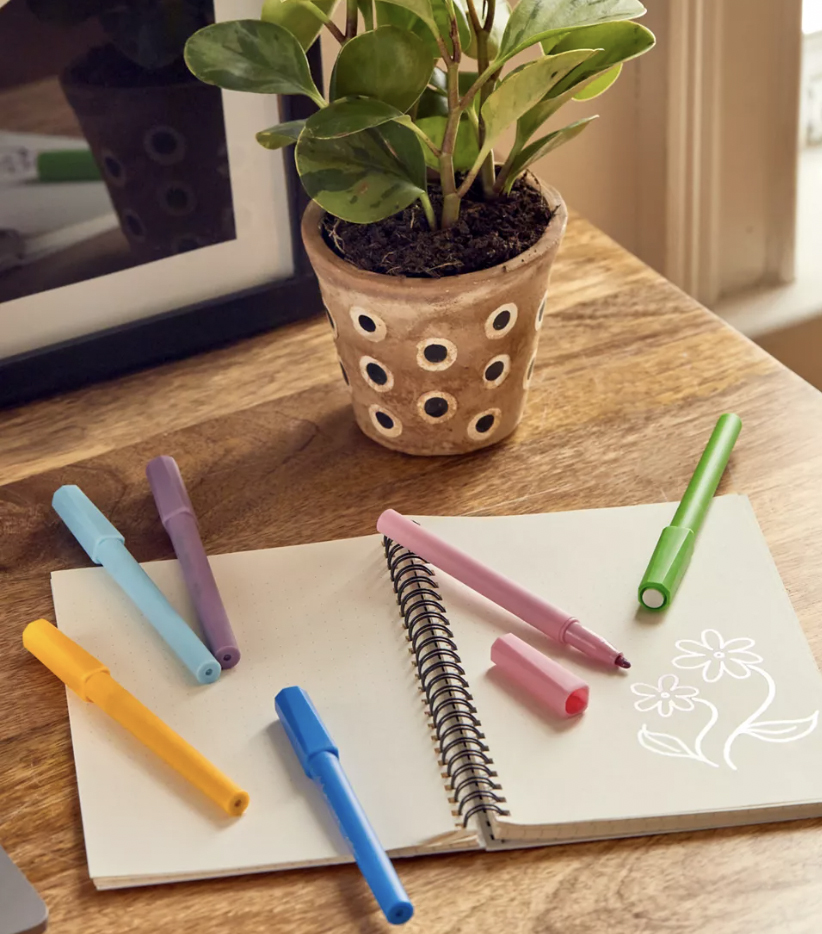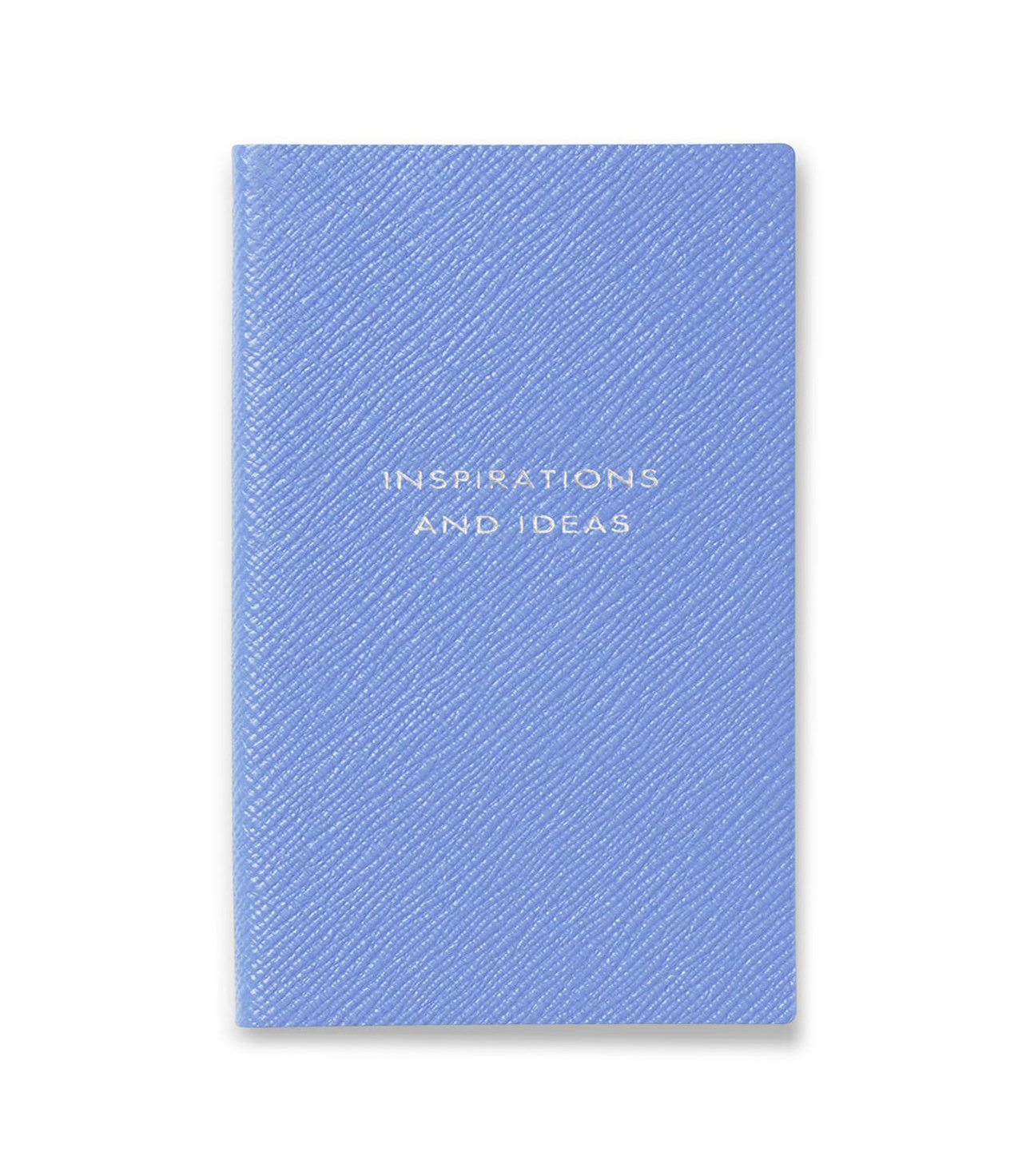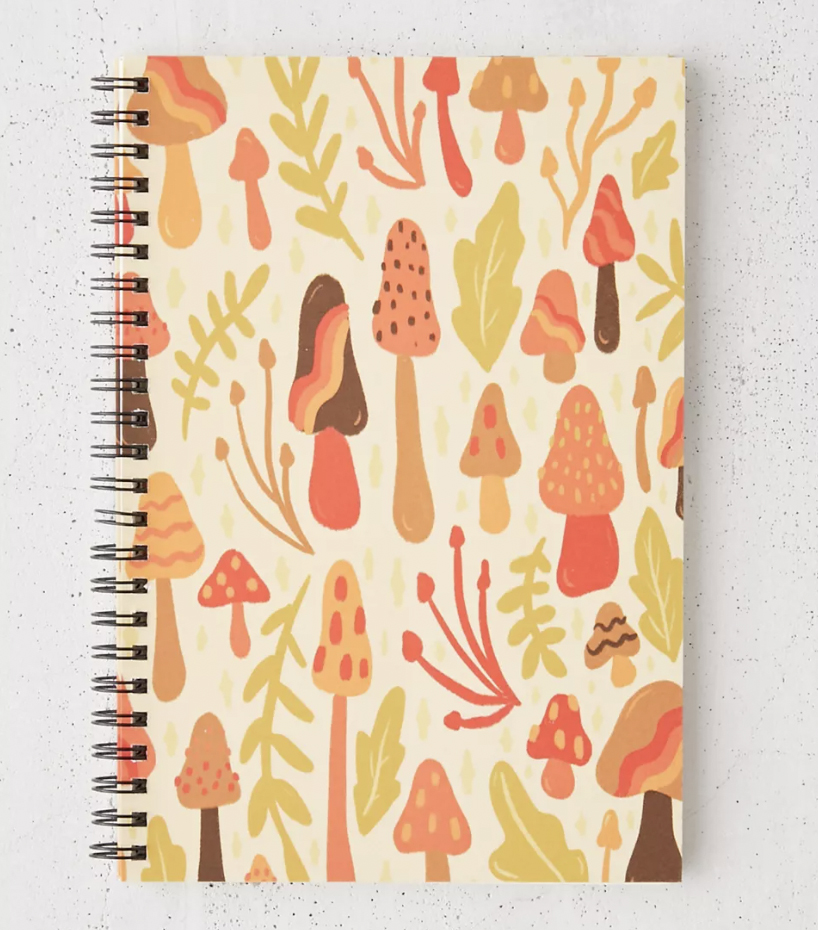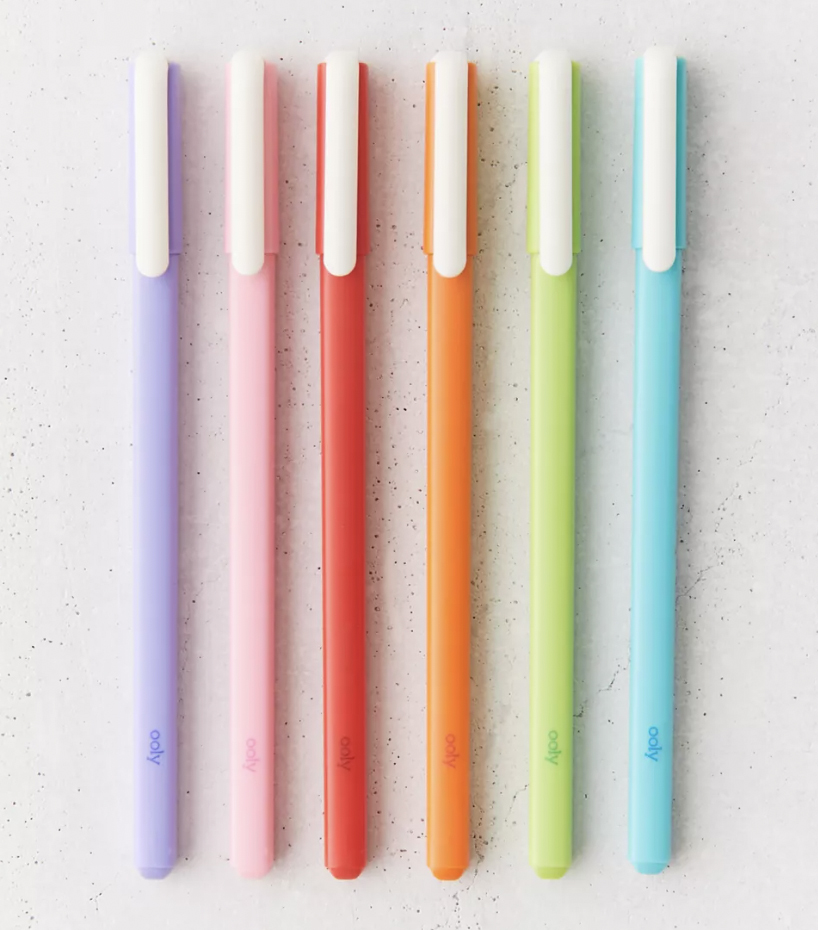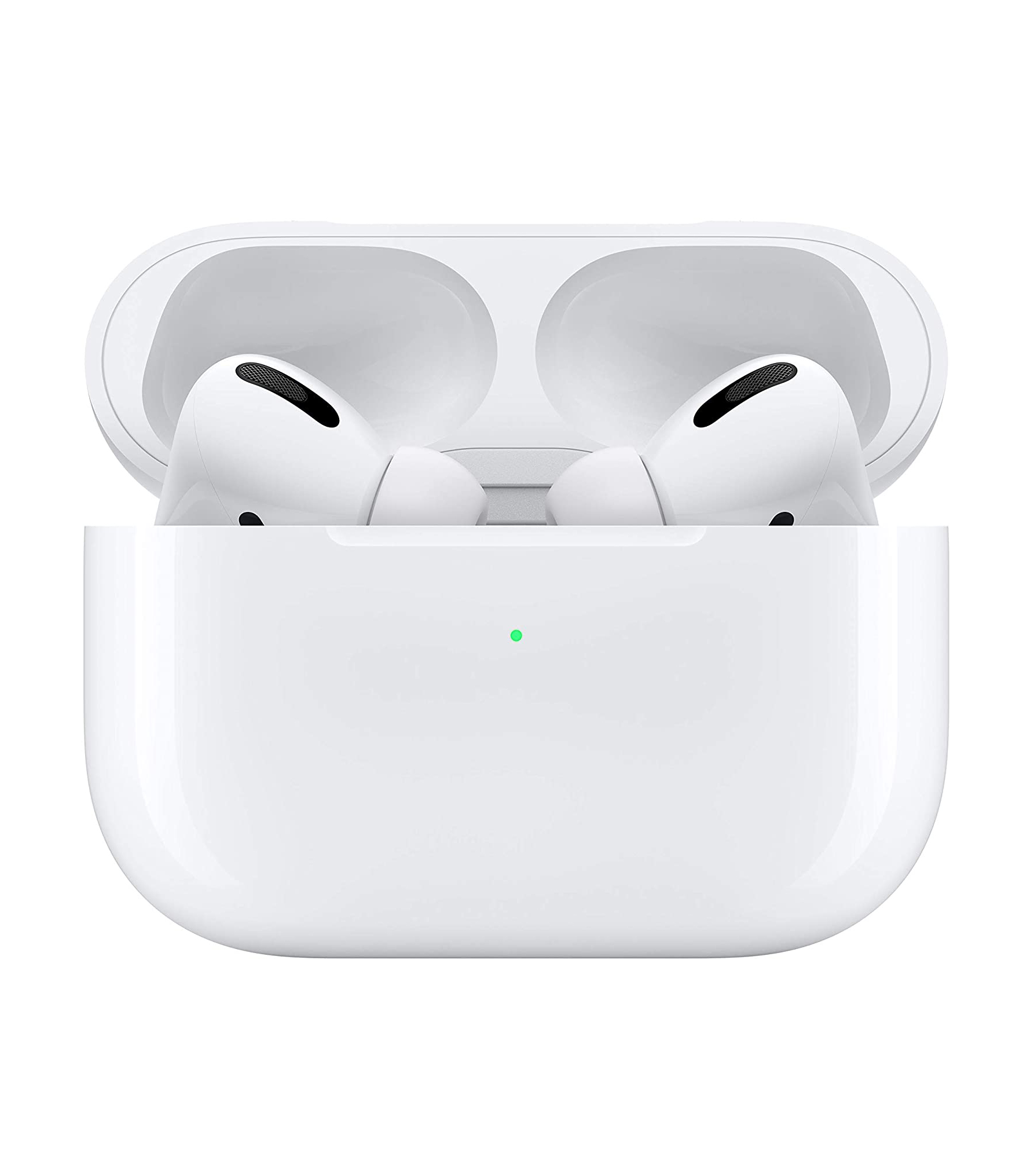6 Ways to Get Out of a Creativity Rut

Think about the time you made a fort out of chairs and sheets as a kid and pretended you were camping—that's an example of a time you were creative. Children are credited with having a large imagination where almost anything is possible and that is largely in part due to creativity. As we age, it's easy to say, "I'm not creative," when tasked with drawing or coming up with new ideas because we haven't given ourselves the chance to flex that "muscle" in a very long time. The mundane routine of a 9 to 5 can sometimes suck the creative juices and ideas out of us. Think about it—when was the last time you channeled your inner child, used your imagination, and came up with a new creative idea? It's probably been a couple of years or maybe even over a decade. If you're reading this story, then you're probably interested in learning how to increase creativity.
With that said, just because you aren't a child anymore doesn't mean all hope is lost. Anyone can get those creative juices flowing with a little bit of guidance and effort. Plus, the benefits of creativity can help you in your daily life.
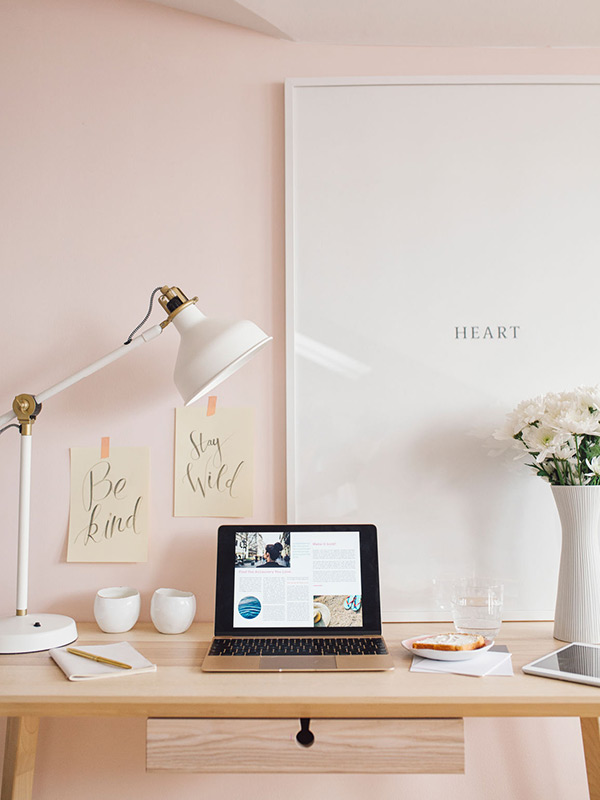
"Creativity increases your ability to be open-minded and flexible. When you are creating, you're seeking new connections or ways of doing things that encourage activity between new parts of the brain. This can have benefits for your mental health and issues like depression, anxiety, and trauma because it pulls you out of rigid ways of thinking and encourages new perspectives and experiences," says Kate Nichols, LSW who specializes in working with creatives and using creative expression in therapy. "This can also help us to relate to others in a more effective way, as we’re more likely to be curious and open-minded as opposed to reserved and closed off."
Without further ado, here are some therapist-approved ways to increase creativity that anyone can do regardless of age.
1. Start Small
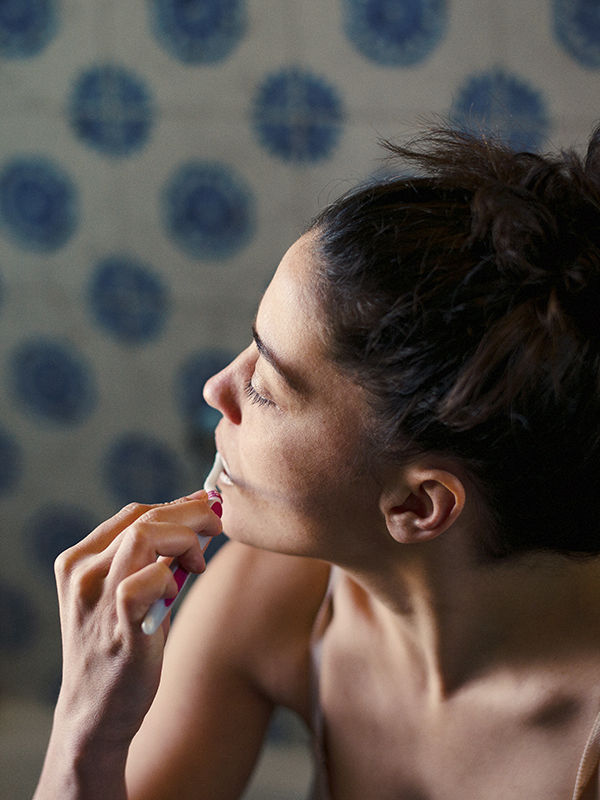
To increase creativity, it is the small changes over time that make a huge difference. As the popular phrase goes, "Slow and steady wins the race."
"Change something up. It can be something as small as starting on the opposite side of where you usually brush your teeth or driving a new route to work, school, or the grocery store," says Nichols. "When you make a change to one of these patterns, you create new connections between synapses in your brain, increasing flexibility and openness. Making a change like this can open your mind to seeing new connections in other areas, boosting creativity."
2. Spend Time Outside

Yes, you read that right—get outside. Take a step away from your computer, desk, or cubicle and go bask in nature. Whether that’s a walk around the neighborhood or a quick trip to a local park, spending time outside can do the trick. It doesn't have to be for a long time, just a little bit will do.
"Getting fresh air, even if it's just a walk around the block, can help lift your mood and get you in the right frame of mind to increase creativity," says Dr. Anisha Patel-Dunn, DO, psychiatrist and Chief Medical Officer at LifeStance Health.
From a different perspective, this change in scenery can help improve your state of flow which can boost creativity. "When you change your ecosystem (your environment) your energy changes," says licensed therapist Julia Colangelo, DSW, LCSW. "When your energy changes, you can enter a flow state in a new way, and create a new path to creativity."
3. Don't Be Afraid to Be Bored
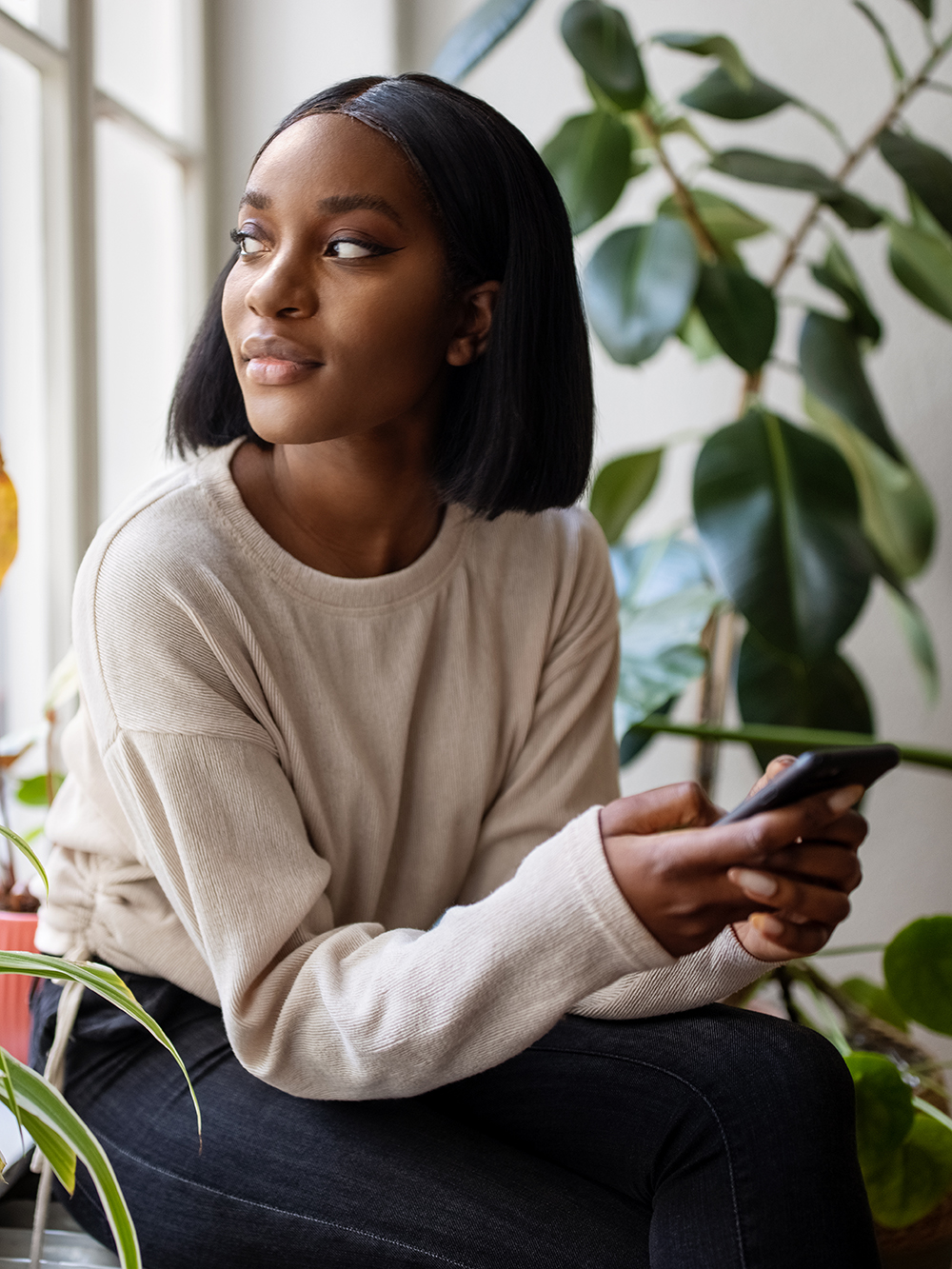
This probably sounds a bit different than what you were thinking. We live in a day and age where hustle culture is more prevalent and ever so we rarely have time to be bored. We are always doing and going, but never still and alone with ourselves and our thoughts.
"Give yourself time and space to rest, and even experience boredom, and you'll give your mind more opportunities to be creative," says Patel-Dunn.
Nichols harps on this point and stresses that getting bored can actually be productive when it comes to increasing creativity. "Structuring time where you do nothing can help you to be more creative because you give your mind the opportunity to wonder and explore just for the sake of wondering, kind of like what happens in the shower. Don't necessarily try to force yourself to do something creative during this time, just see what your mind is drawn to."
4. Have a Creative Space
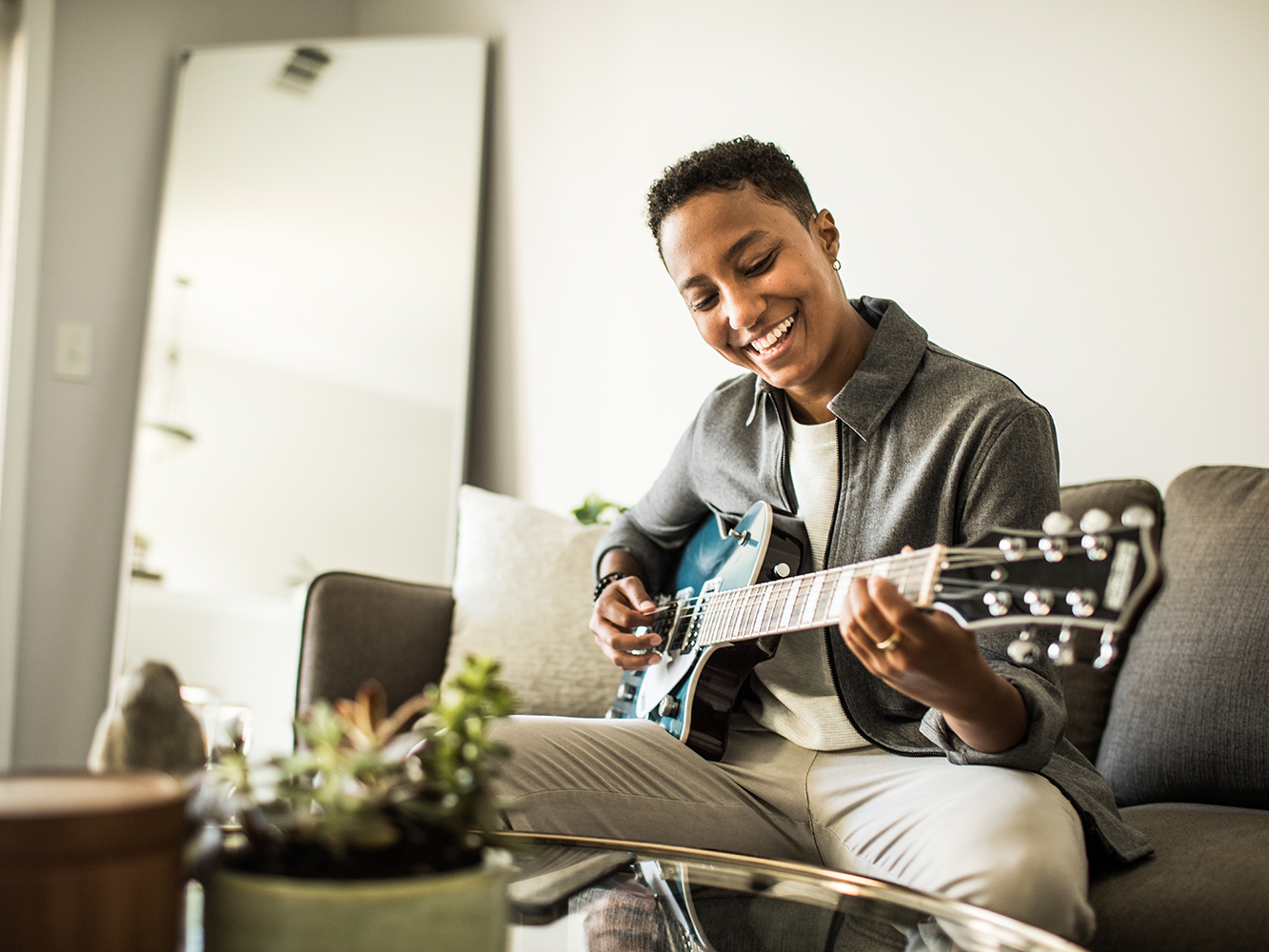
Dedicate a section in your house, apartment, or bedroom to letting those creative juices run wild. This can also be taken in a literal sense where you can create space in your brain to allow for creative thoughts to come forward.
"Have your favorite snacks, tools, notebooks, inspiration, music, headphones all out and available," says Colangelo. "If possible, create a ritual around preparing the space so you feel excited to settle in for a creative window of flow."
5. Brain Dump

Our brains are filled with so many thoughts, feelings, and facts, that it can sometimes be difficult to navigate through all of the clutter and let the creative juices flow. One way to get thoughts down onto paper is by journaling.
"Journaling and creative writing can be a great tool to have in our self-care toolkit and, similar to meditation, can be a helpful technique to become more present and process our emotions," says Patel-Dunn. "Journaling doesn't have to feel like a formal, prescriptive activity—you could try making lists, sketching a picture, or writing a letter or poem, as another way to explore your creativity."
6. Engage in Creative Activities
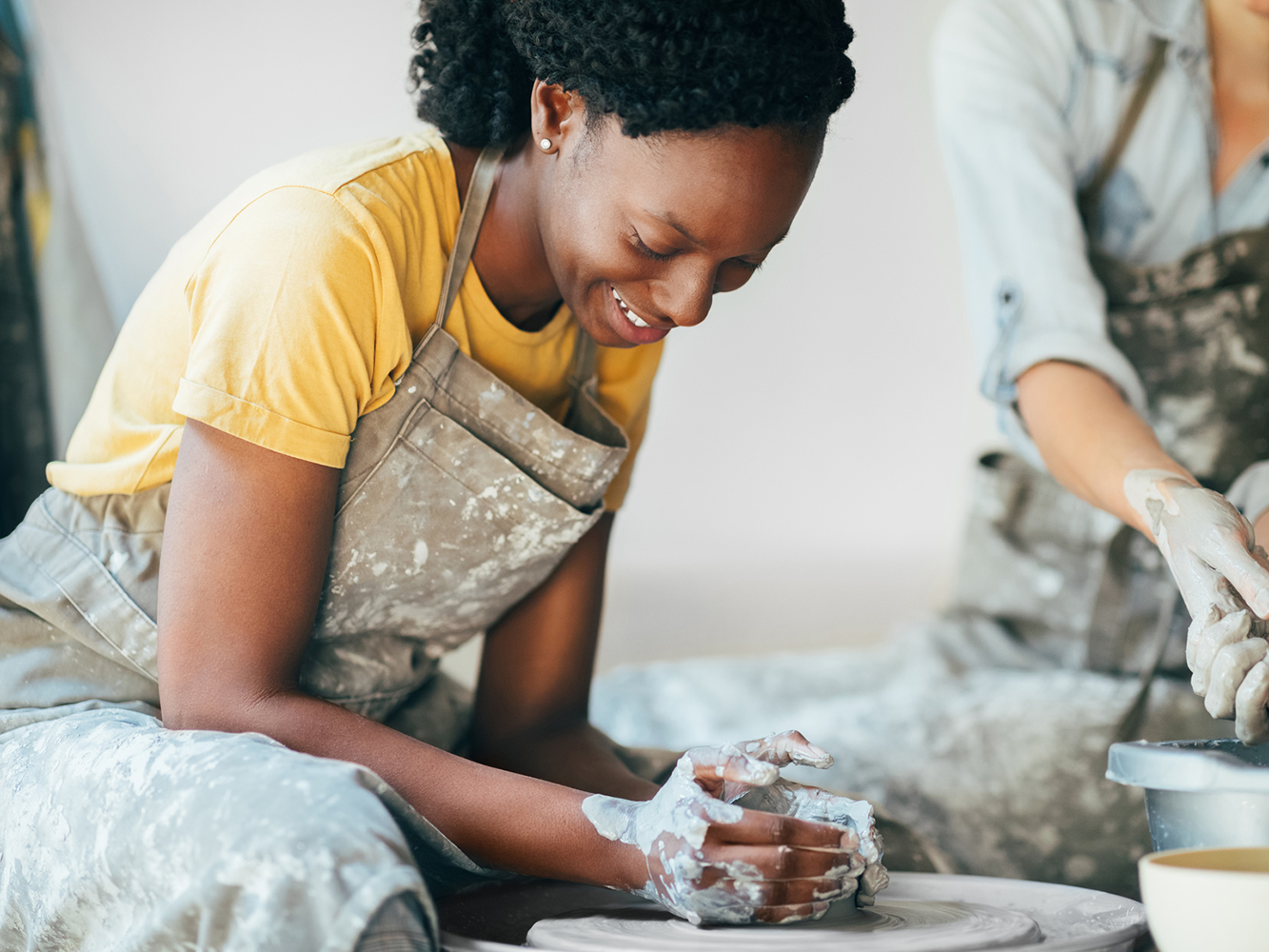
Just like laughter is contagious, so is creativity. One way to increase creativity is by taking in the creative works and thoughts of the world and people around us.
"Go to a museum or interactive art experience. Watch a movie or TV show you've never seen before. Listen to music," says Nichols. "Surrounding yourself with creativity can trigger your own creative juices and get you excited about creating something of your own."
Next, 8 Benefits of Gratitude and How to Practice It
Disclaimer
This article is provided for informational purposes only and is not intended to be used in the place of advice of your physician or other medical professionals. You should always consult with your doctor or healthcare provider first with any health-related questions.


